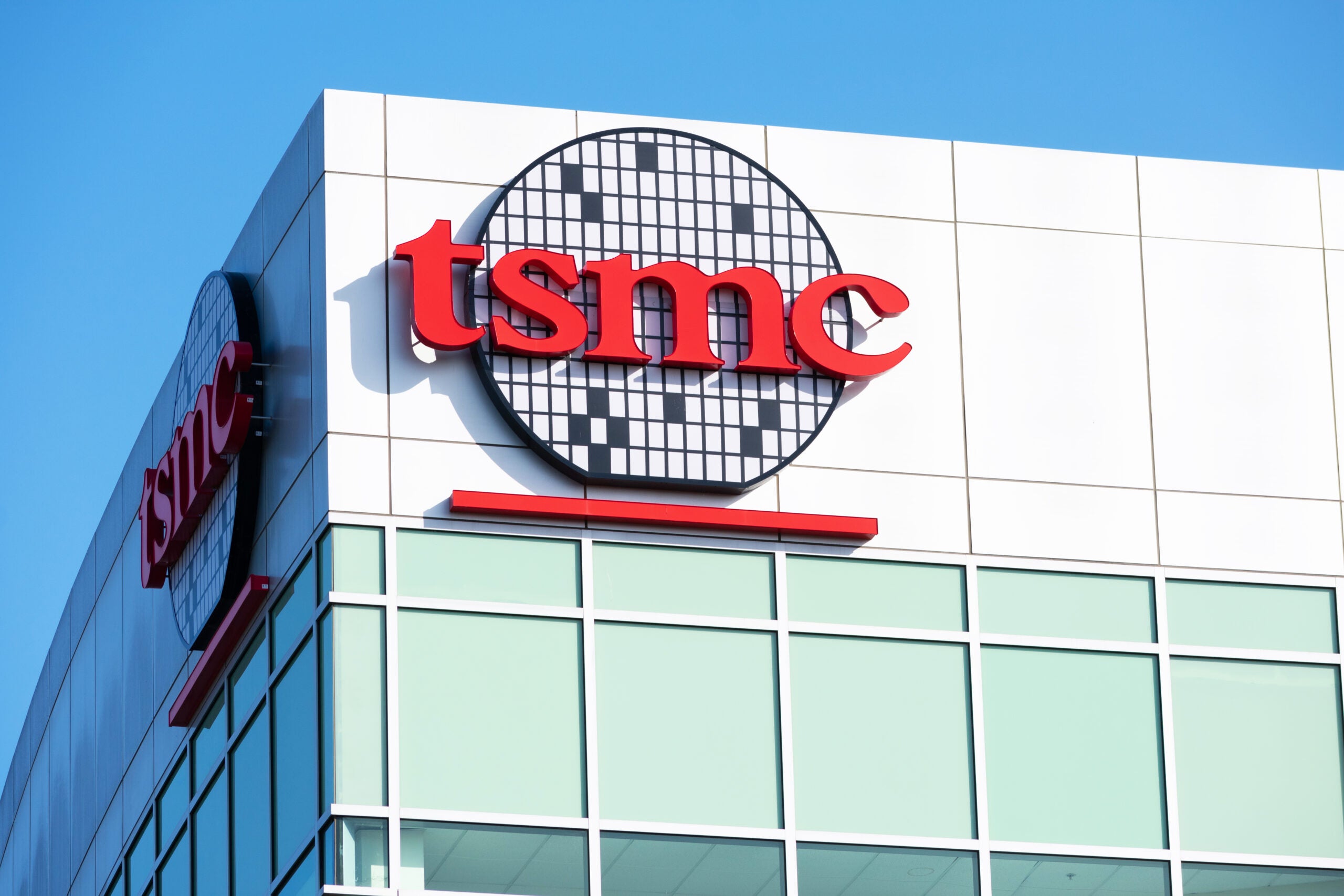
The world’s largest chip manufacturer, Taiwan Semiconductor Manufacturing Company (TSMC), is teaming up with Japanese tech company Sony to build a $7bn chip plant in Japan with the capability of producing 22-nanometre (nm) and 28nm processes. The new development will boost the Asia-Pacific region’s chipmaking capacity, which Taiwan still dominates.
The two companies signed a deal on Tuesday, which will see the establishment of a joint venture titled Japan Advanced Semiconductor Manufacturing (JASM). According to the announcement, the new plant will focus not on cutting edge chips with the very smallest nodes but rather on more basic, but still advanced, 22nm and 28nm semiconductors to address the global chip shortage.
Construction of the JASM fab is scheduled to break ground in 2022, with production targeted to begin by the end of 2024. The plant is expected to directly create about 1,500 high-tech professional jobs and to have a monthly production capacity of 45,000 12-inch wafers.
The companies said that the project had “strong support from the Japanese government,” though they did not specify whether this entailed financial backing.
Sony said it would invest approximately $500m in the new subsidiary for less than 20% equity in JASM.
How well do you really know your competitors?
Access the most comprehensive Company Profiles on the market, powered by GlobalData. Save hours of research. Gain competitive edge.

Thank you!
Your download email will arrive shortly
Not ready to buy yet? Download a free sample
We are confident about the unique quality of our Company Profiles. However, we want you to make the most beneficial decision for your business, so we offer a free sample that you can download by submitting the below form
By GlobalDataThe plan was first announced in October, when CEO C.C. Wei said that “TSMC is working closely with our customers to plan our capacity and investing in leading-edge and speciality technologies to support their demand.”
“While the global semiconductor shortage is expected to be prolonged, we expect the partnership with TSMC to contribute to securing a stable supply of logic wafers, not only for us but also for the overall industry.
"We believe that further strengthening and deepening our partnership with TSMC, which has the world’s leading semiconductor production technology, is extremely meaningful for the Sony Group,” said Terushi Shimizu, President and CEO of Sony Semiconductor Solutions Corporation.
The fab will be TSMC’s first-ever Japanese plant. Its location will be in Kumamoto Prefecture, in the south of Japan.
Separately, TSMC’s board also approved plans to build a new plant in Taiwan that would focus on advanced 7nm chips as well as older 28nm processes, according to Nikkei Asia.
The Taiwanese chipmaker has become a key player in the wake of both a global semiconductor shortage and a heated tech trade war between China and the US.
As the chip shortage continues to disrupt supply chains globally, many countries are trying to woo TSMC to build plants on their soil. Currently, the fab still produces more than 90% of its products domestically, with one overseas plant in Nanjing, China.
Recently, Arizona secured a $12bn deal with the chipmaker for a new factory in Phoenix. Separately, TSMC also said that it was considering Germany as the destination for its first European factory.
Given the tension between Beijing and Washington, TSMC and other Taiwanese companies have been forced to decide whether they want to side with the larger US market or the faster-growing Chinese market.
On top of that, against the backdrop of rising geopolitical tensions, it is in Taiwan’s interest to boost its connections to other nations in the East China Sea region to ward off pressure from China. Equally, it needs to stay on the US’ good side.
Semiconductors have become a key pawn in the US-China tech war, and the US will continue its use of chip export embargoes to pressure Beijing. GlobalData analysts predict that the White House under Joe Biden will try to weave together as many allies as possible to take a united stance against China on strategic semiconductor supplies.
Despite China’s continuous effort to develop its own chips, it still lacks the skill and the necessary equipment – such as costly Extreme Ultraviolet (EUV) photolithography machines only produced by ASML in the Netherlands – to manufacture high-end semiconductors. When it comes to cutting-edge logic chips, TSMC remains the only viable option for many tech companies.
The foundry’s dominance in the Asia-Pacific region thus remains a decisive factor in the ongoing tug-of-war in the South China Sea.
According to GlobalData’s analysis, TSMC is the world’s largest chip foundry, making bespoke logic chips for companies that provide their own designs. The company, founded in 1987 and headquartered in Hsinchu, Taiwan, currently ranks number two on GlobalData’s thematic scorecard.



